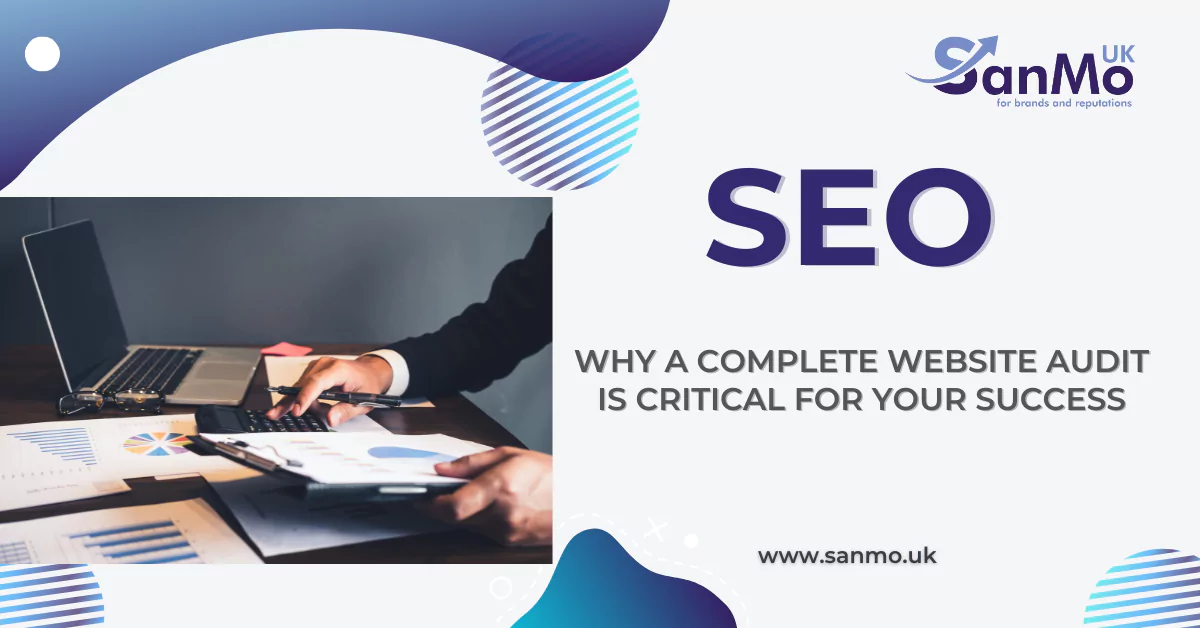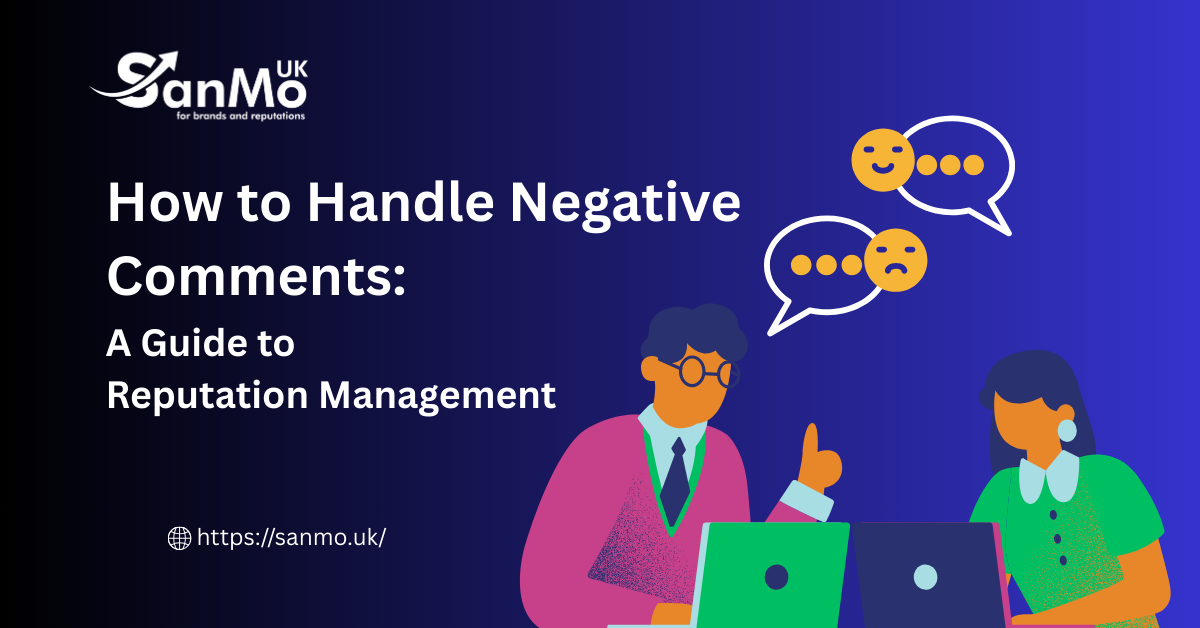Running a website is a bit like maintaining a car. At first glance, everything may seem fine—but under the bonnet, critical issues could be slowing you down. Whether you’re a small business owner, a digital marketer, or an eCommerce entrepreneur, a regular website audit can make the difference between cruising past your competitors or stalling out.
But what exactly is a website audit? Why is it so important for the health of your site and its performance on Google? This guide will walk you through everything you need to know about conducting an SEO audit and how it can benefit your website’s success.
What is a Website Audit?
A website audit is a comprehensive analysis of your site’s performance, structure, and health. It identifies issues that might be affecting user experience, search rankings, and overall functionality. Think of it as a full check-up for your website, covering aspects like:
- SEO optimisation
- Speed and performance
- Mobile usability
- Content quality
- Security vulnerabilities
Conducting a website audit ensures your site meets both user expectations and search engine algorithms, setting you up for increased traffic, better engagement, and higher conversions.
Why a Website Audit Matters
Small business owners, digital marketers, and web developers alike will find immense value in conducting regular website audits. Here are some key reasons why audits are essential:
1. Boost Search Engine Rankings
Search engines like Google analyse every part of your website to decide where to place it in search results. But if your site has broken links, missing meta tags, or slow loading speeds, it’s going to struggle. An SEO audit helps identify these issues and provides solutions to keep your rankings on the rise.
2. Improve User Experience
A clean, user-friendly website is essential for retaining visitors. Slow-loading pages or difficult navigation can drive users away within seconds. An audit can identify pain points in your user experience, ensuring your site runs smoothly and offers value to every visitor.
3. Stay Ahead of Competitors
Your competitors are likely investing in their web presence. A website audit helps you stay ahead by uncovering new opportunities for optimisation and innovation.
4. Increase Conversions and Revenue
Can’t figure out why visitors aren’t converting into customers? Website audits dig into conversion factors like broken call-to-action buttons, unclear messaging, or lengthy checkout processes. Fixing these issues can directly boost your revenue.
Step-by-Step Guide to Conducting a Website Audit
If you’re ready to conduct a complete SEO audit of your website, here’s a step-by-step guide to get you started:
Step 1: Analyze Page Speed and Performance
Page speed isn’t just a nice-to-have—it’s critical for user retention and SEO ranking. Use free tools like Google PageSpeed Insights or GTMetrix to measure your site’s loading speed. A delay of even one second can result in a significant drop in conversions.
Quick Fixes:
- Compress images to reduce file sizes.
- Minimise server response times by choosing a reliable hosting provider.
- Use a content delivery network (CDN) for faster loading globally.
Step 2: Check for Mobile Friendliness
With over 60% of web traffic coming from mobile devices, ensuring your site works perfectly on phones and tablets is non-negotiable. Use Google’s Mobile-Friendly Test to check if your site is optimised for mobile users.
Common Issues to Look For:
- Buttons that are too small to tap.
- Content spilling off the screen.
- Fonts that are hard to read on smaller devices.
Step 3: Conduct an SEO Analysis
Search engine optimisation (SEO) is at the heart of any effective audit. With tools like SEMrush or Ahrefs, you can examine critical on-page and technical SEO elements. Key areas to focus on include:
- Meta Tags and Titles: Ensure every page has unique, keyword-rich meta descriptions and titles to improve click-through rates.
- Content Optimisation: Check that your content targets relevant keywords without overstuffing. Use header tags (H1, H2, etc.) correctly and ensure consistency.
- Backlink Profile: A strong backlink profile boosts your site’s authority. Identify low-quality links and disavow them to protect your ranking.
Step 4: Review Security Measures
Website security is a growing concern for both e-commerce and informational sites. Check whether your site uses HTTPS rather than HTTP to protect user data. Additionally, run a security scan to look for malware or vulnerabilities.
Bonus Tip:
Enable two-factor authentication for admin logins to further secure your website.
Step 5: Test Browser Compatibility
What looks great on Chrome might break on Safari or Firefox. Test your site on multiple browsers to ensure a seamless experience across the board.
Browser Tips:
Use modern frameworks and ensure your CSS, HTML, and JavaScript are up to standards to avoid rendering issues.
Step 6: Evaluate Your Analytics
Finally, ensure your analytics software is correctly configured to track key metrics. Google Analytics and tools like Hotjar can help you understand traffic sources, behaviour flow, and conversion data.
Key Questions to Ask:
- Where are users dropping off in the sales funnel?
- What are your most visited pages, and why?
- Are there any unexpected traffic dips that need closer analysis?
How Often Should You Audit Your Website?
Now that you know the “how,” you might be wondering about the “when.” For most businesses, a website audit should happen at least once a year. However, if you’re in a competitive industry or run a high-traffic eCommerce store, consider completing one quarterly.
Regular audits allow you to stay proactive in fixing minor issues before they balloon into bigger problems.
Tools to Simplify Your Website Audit
Conducting a full website audit might sound overwhelming, but luckily, there’s no shortage of tools to make the process easier. Here are some must-haves:
Free Tools:
- Google Analytics (Traffic and conversion insights)
- Google PageSpeed Insights (Page speed and performance)
- Google Search Console (SEO health check)
- Screaming Frog SEO Spider (Crawls and analyzes your site)
Premium Tools:
- SEMrush (Comprehensive SEO analysis)
- Ahrefs (Backlink analysis)
- Hotjar (User behavior tracking)
- Siteliner (Detect duplicate content)
Unlock Your Website’s Full Potential Today
A well-maintained website isn’t just a digital necessity—it’s a competitive advantage. By conducting regular website audits, you can ensure your site is primed to attract traffic, increase conversions, and deliver a seamless user experience.
If you’re too busy to handle the audit yourself or want an expert opinion, consider partnering with a specialised website audit service. Their expertise can help you uncover hidden opportunities for growth and optimisation.
Frequently Asked Questions (FAQs)
1. What is a complete website audit?
A complete website audit is a comprehensive evaluation of your website’s SEO, technical setup, performance, usability, content, and security to identify issues and improvement opportunities.
2. Who needs a complete website audit?
Any business with an online presence can benefit, including small businesses, eCommerce stores, startups, and established brands looking to improve visibility and conversions.
3. How long does a complete website audit take?
Most audits take between 3 to 7 days, depending on website size, structure, and complexity.
4. What does a complete website audit include?
It typically covers technical SEO, on-page optimisation, page speed, mobile usability, content quality, backlink profile, security checks, and user experience analysis.
5. Will a website audit help improve Google rankings?
Yes. A complete website audit identifies SEO and technical issues that may be holding back your rankings and provides actionable recommendations to improve search visibility.
6. How often should I get a complete website audit?
For most websites, an annual audit is sufficient. High-traffic or competitive websites may benefit from quarterly audits.
7. Do I need technical knowledge to understand the audit report?
No. SanMo UK provides clear, easy-to-understand reports with practical recommendations, even for non-technical users.
8. Can SanMo UK fix the issues found in the audit?
Yes. SanMo UK can both identify issues and implement the recommended improvements, depending on your requirements.
9. Is a complete website audit suitable for eCommerce websites?
Absolutely. eCommerce sites benefit greatly from audits that focus on performance, checkout usability, SEO, and conversion optimisation.
10. Why choose SanMo UK for a complete website audit?
SanMo UK offers expert-led, UK-focused audits with tailored insights designed to improve performance, rankings, and conversions.







